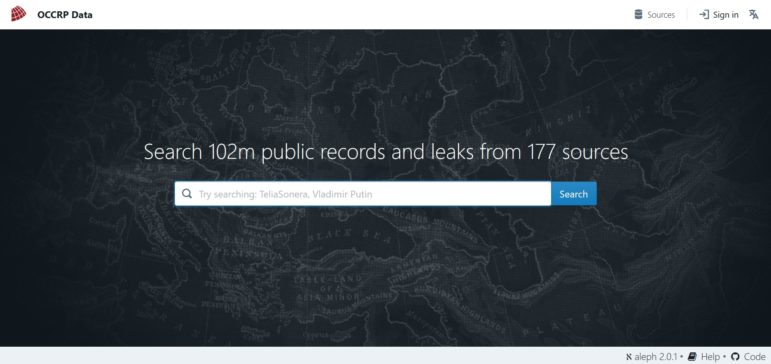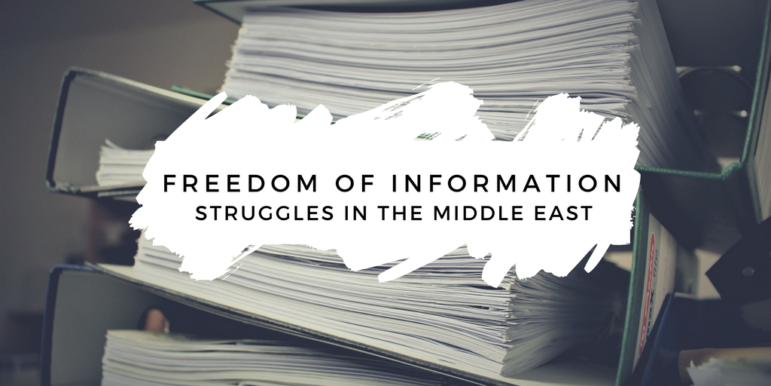
News & Analysis
The Case for Free Access to FOIA-Based Public Documents Reporting
Full, unpaywalled access to public records reporting is not only good for democracy, it can increase reader trust and bolster sustainability.

Full, unpaywalled access to public records reporting is not only good for democracy, it can increase reader trust and bolster sustainability.

With basic web knowledge, guidance, and examples, even non-coding journalists can build a scraper with large language models.
This guide introduces journalists to valuable information sources for China-focused investigations and demonstrates practical methods for accessing and utilizing key reporting tools.

The organization has one guiding principle: “Let the data speak.” But sometimes getting hold of the information they need is an uphill battle.

In El Salvador, the government has increasingly failed to honor public access to Information laws, forcing journalists to obtain data through other channels to hold power to account.

An investigative outfit with an advocacy program may raise eyebrows. But in South Africa, amaBhungane has scored major wins for transparency and free speech.

OCCRP Data, part of the Investigative Dashboard, offers journalists a shortcut to the deep web. It now has over 170 public sources and more than 100 million leads for public search – news archives, court documents, leaks and grey literature encompassing UK parliamentary inquiries, companies and procurement databases, NGO reports and even CIA rendition flights, among other choice reading.

In 2007, Jordan became the first country in the Middle East to enact freedom of information laws — and Musab Al-Shawabkeh is the award-winning journalist who has been taking full advantage of it.

A study by Iraqi professor Dr Bushra Al-Hamdani found that journalists in Iraq are often targeted by either pro-government militias or militant opposition groups and have little protection against threats. They also face legal obstacles and a lack of government transparency.

With freedom of information statutes in over 100 countries today, the laws have become a key tool for journalists from India to Mexico. But their success depends on how they’re used and implemented, as Swiss scholar Vincent Mabillard explores in his recent paper, Freedom of Information Laws: Evolution of the Number of Requests in 11 Jurisdictions. We are pleased to present highlights from his paper from the University of Lausanne.